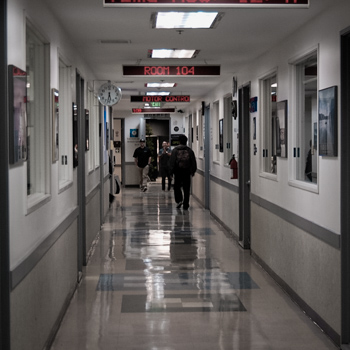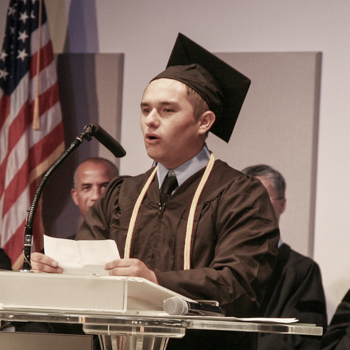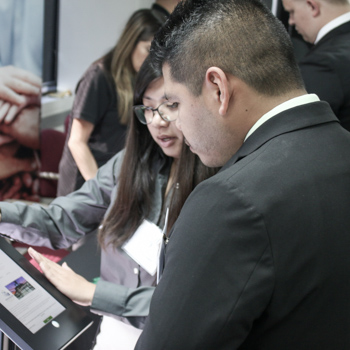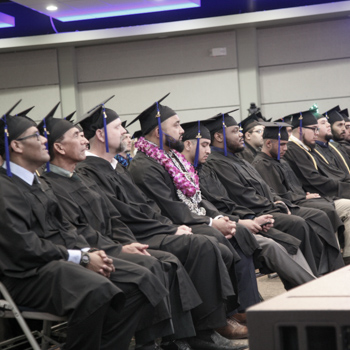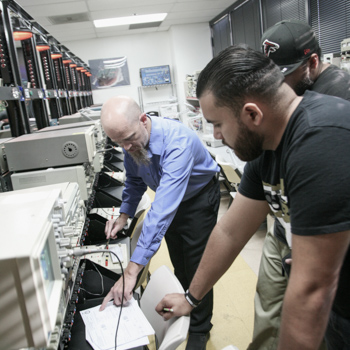
Learn to maintain and repair medical equipment used throughout the healthcare industry in an 8 month, hands-on program aimed at preparing you for a career in biomedical technology.
8 Months
PM Classes
Part-Campus, Part-Online
Request More Info
Submit form for more program information.
We Respect Your Privacy. Information submitted on this form is sent to the SCIT Admissions Department and is not shared with any third parties.
Request More Info
Submit form for more program information.
We Respect Your Privacy
Information submitted on this form is sent to the SCIT Admissions Department and is not shared with any third parties.
Key Program
TOPICS
The following are some key topics studied in the Biomedical Technology program:
Study foundational electrical theory and electronic circuit concepts to gain an understanding of the inner workings of electronic based medical devices.
Study the operating principles of various medical devices used throughout the healthcare industry such as those found in a hospitals ER, ICU, OR and more.
Conduct preventative maintenance procedures for a range of medical equipment in order to ensure they meet all operational and safety requirements.
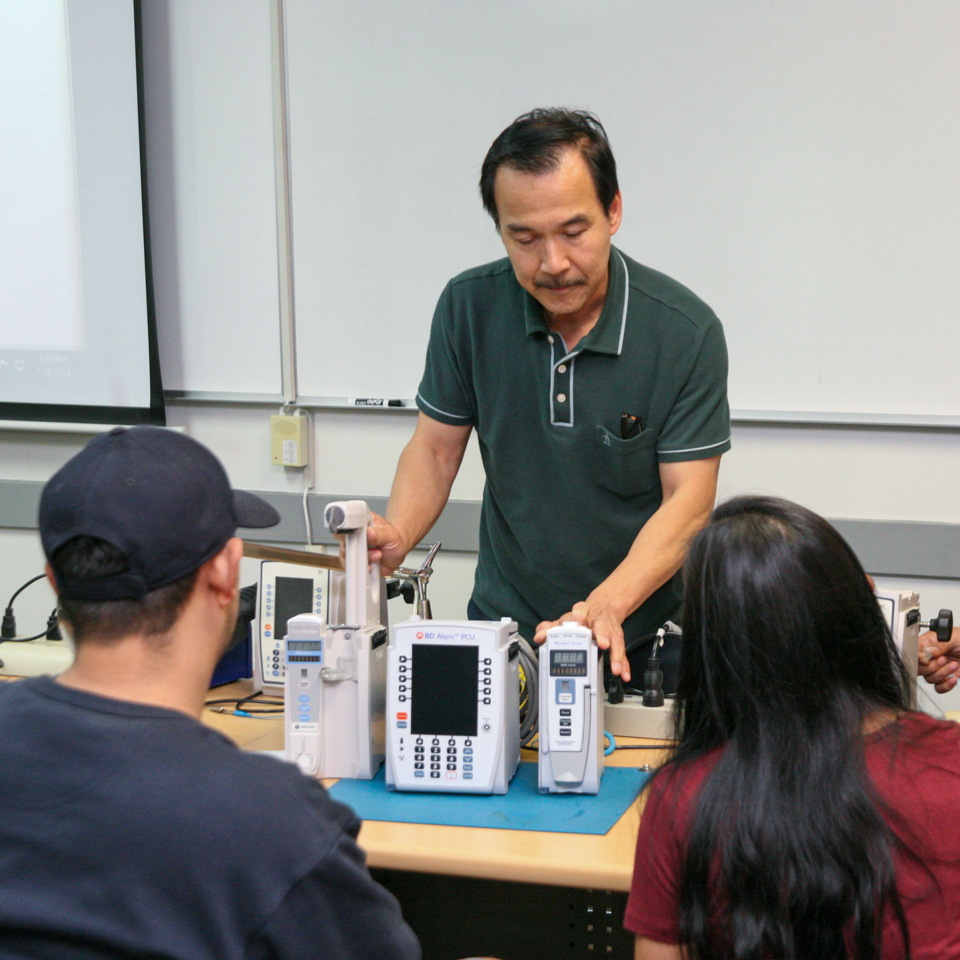
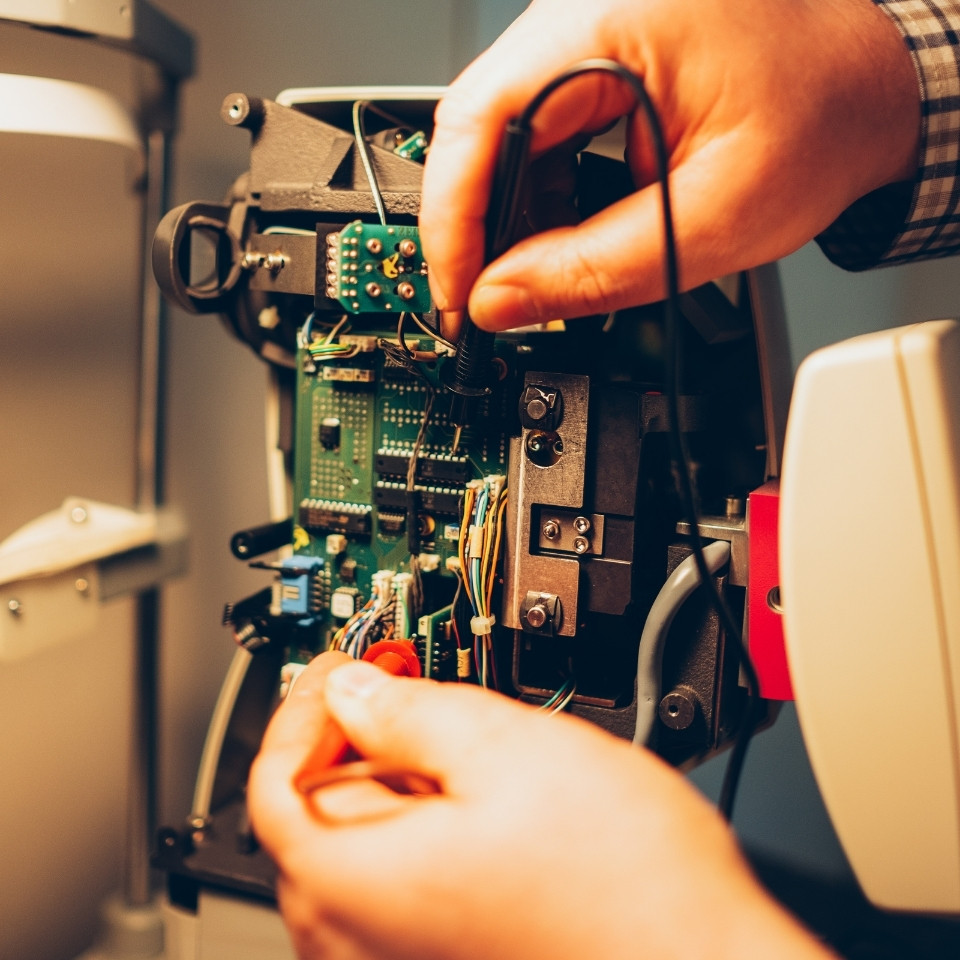
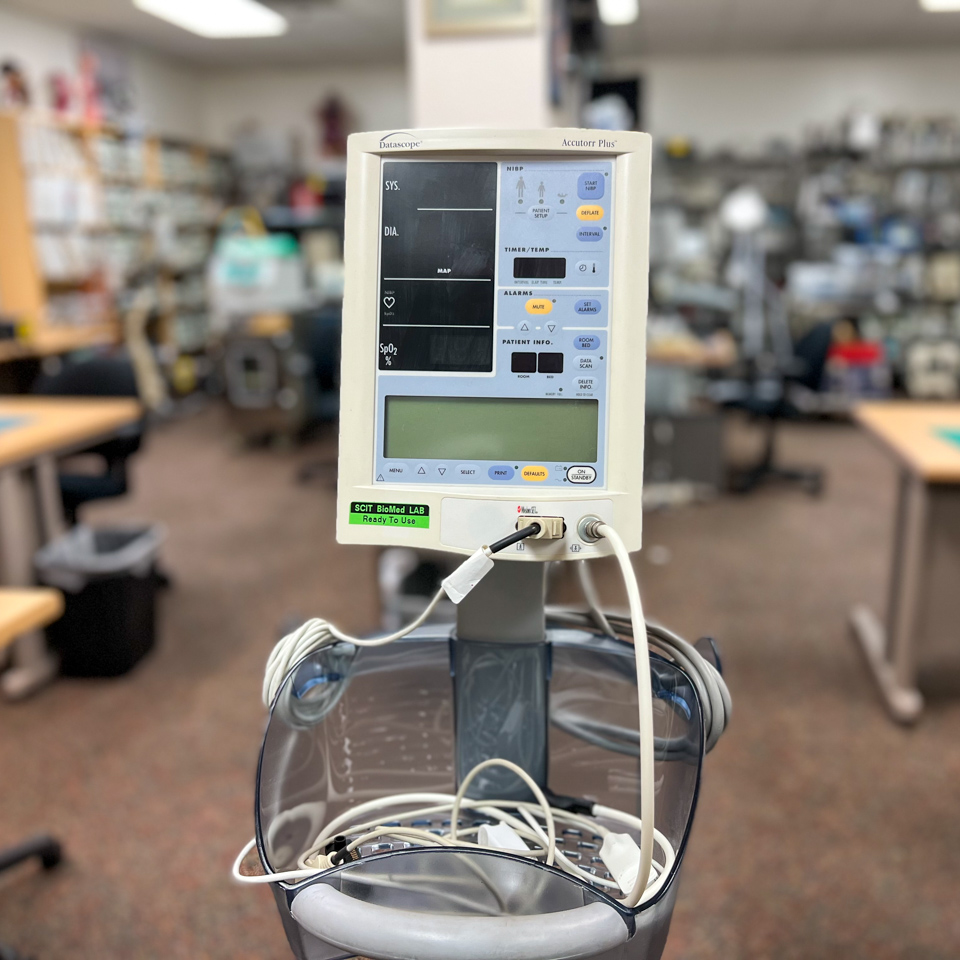

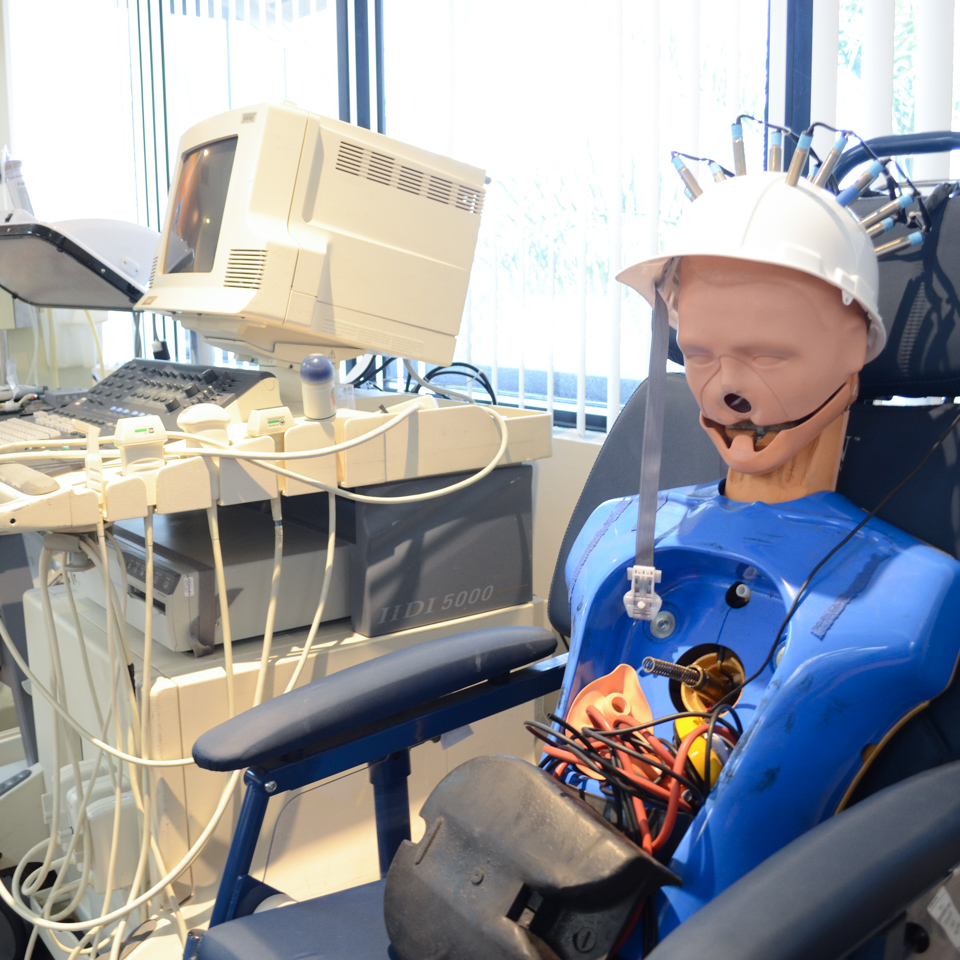
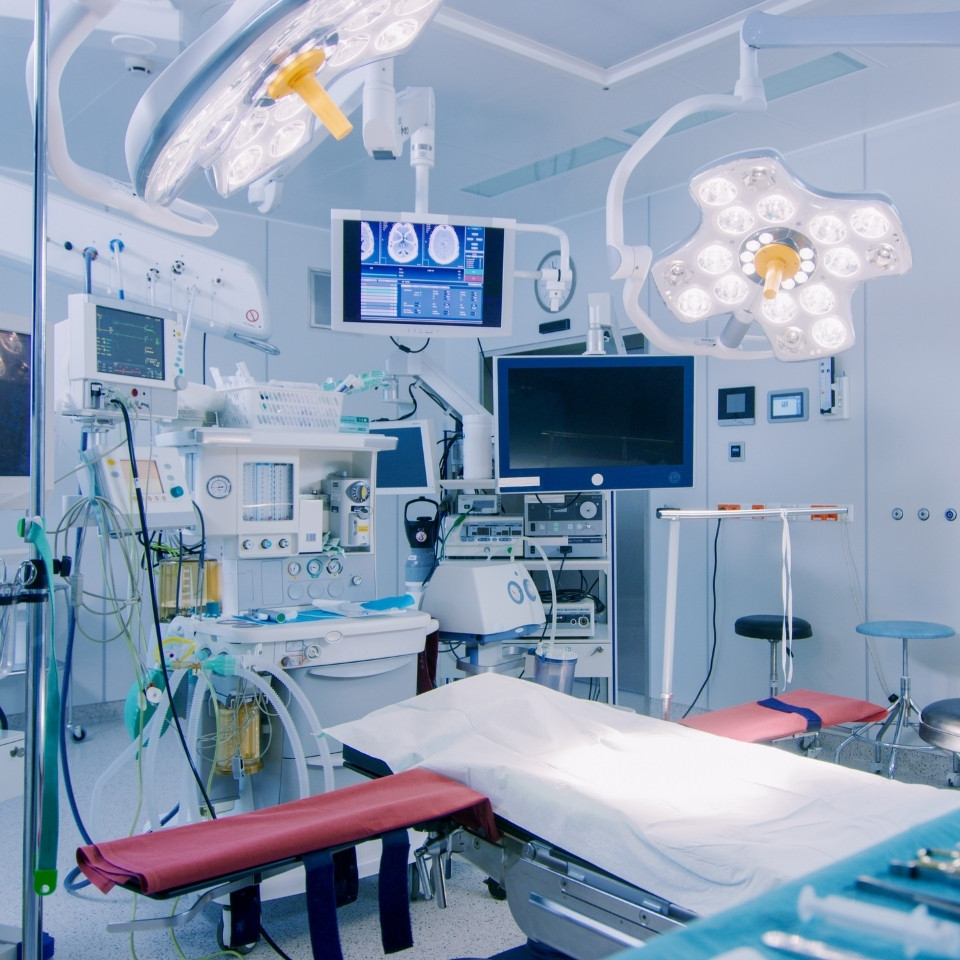
Biomedical Engineering Degree Opportunities
Students may have the opportunity to continue their education toward a degree to open further career opportunities.
Biomedical Career Pathway
Start by completing the Biomedical Technology program and find entry level employment in the BMET field. Work in the field while pursuing an A.S. in Biomedical Engineering Technology or B.S. Biomedical Engineering degree in the evenings. At the end you will have a diploma, a degree and work experience.
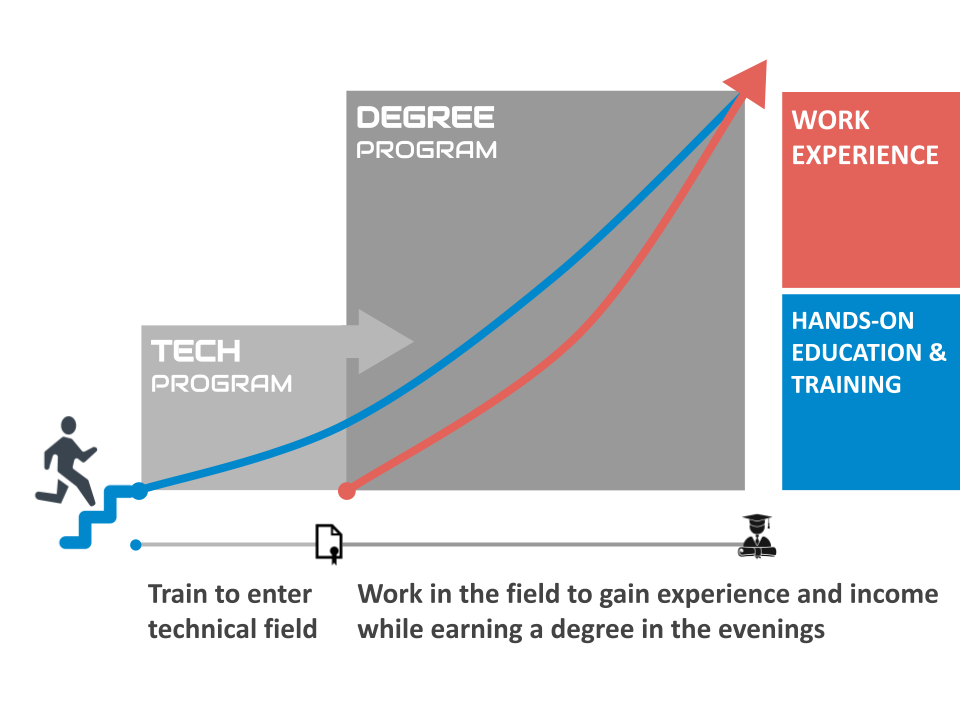
Degree Topics Include: Digital Electronics, Semiconductors and Circuits, Programming, MATLAB, Signal Analysis, Embedded Systems, Robotic Engineering, Biomedical Imaging and Image Processing, Digital Signal Processing, Biomaterials, Biomechanics, Senior Capstone Project and much more.
Support to Reach Your Goals
The Student Services and Career Services Offices support you on your educational path to greater career opportunities.
Academic Support: Advisement, academic monitoring, tutoring, and more...
Career Support: Resume assistance, career workshops, job leads, and more...
Visit
The SCIT Campus!
Meet our staff and faculty,
tour our classrooms and labs, and
learn about our programs.
Call, email or request info to schedule.
CALL ADMISSIONS
SEND AN EMAIL
BOOK AN APPOINTMENT
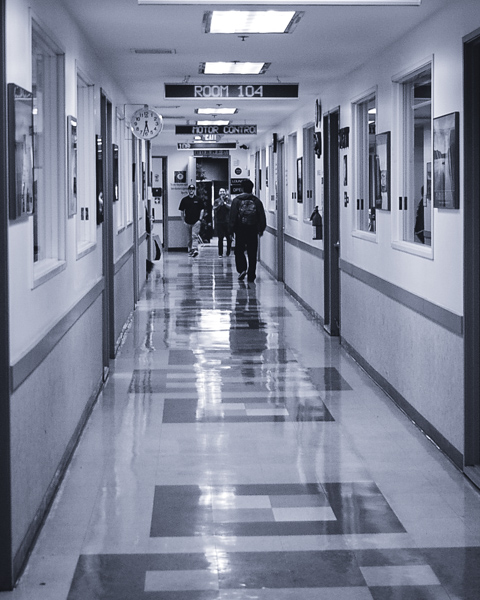
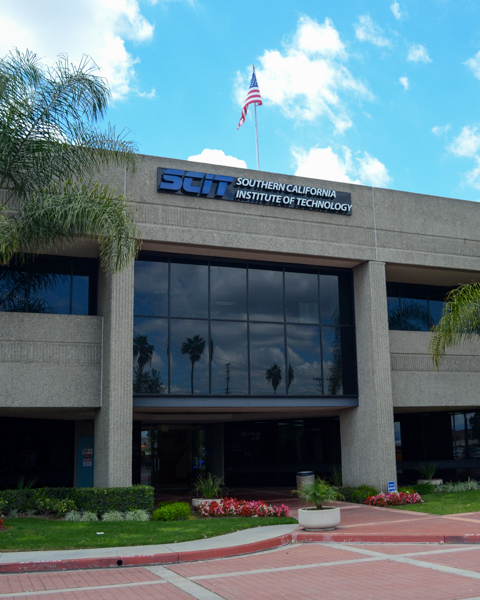

Visitation appointments are usually made on Mondays-Fridays, between 10am and 5pm (except holidays).
